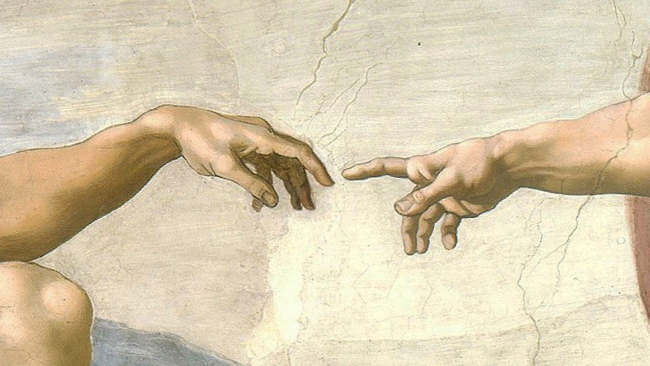Therefore, holy brethren, partakers of the heavenly calling,
consider the Apostle and High Priest of our confession, Christ Jesus,
Hebrews 3:1
Simply speaking, an Apostle is a “sent one.” Although this is the only passage in the Bible that labels Jesus as the Apostle, He did call Himself the Sent One of the Father on several occasions:
“For I have come down from heaven, not to do My own will, but the will of Him who sent Me” (John 6:38).
“Jesus said to them, ‘If God were your Father, you would love Me, for I proceeded forth and came from God; nor have I come of Myself, but He sent Me’” (John 8:42).
“I must work the works of Him who sent Me while it is day; the night is coming when no one can work” (John 9:4).
“For I have given to them the words which You have given Me; and they have received them, and have known surely that I came forth from You; and they have believed that You sent Me” (John 17:8).
“And we have seen and testify that the Father has sent the Son as Savior of the world” (1 John 4:14).
It is important to understand that the term “apostle” does not refer to some high position in the ecclesiastical hierarchy, but rather to someone simply sent on a mission. The Lord Jesus had twelve close disciples whom He later sent out to every town and village in Judea to teach and heal. It was this act of being sent out and, subsequently, doing what they were sent to do, that made them apostles.
Christ was on a mission to do His Father’s will. A plan was in place before the foundation of the world to redeem mankind and define love and grace to the angels that witnessed Satan’s rebellion and fall. Only God manifested in the flesh could do this, but no person capable of feeling intense pain would come up with the idea of dying on a cross in order to save the world. In Gethsemane, the Savior prayed “Father, if it is Your will, take this cup away from Me; nevertheless not My will, but Yours, be done” (Luke 22:42). That’s what an Apostle does.
August 10









